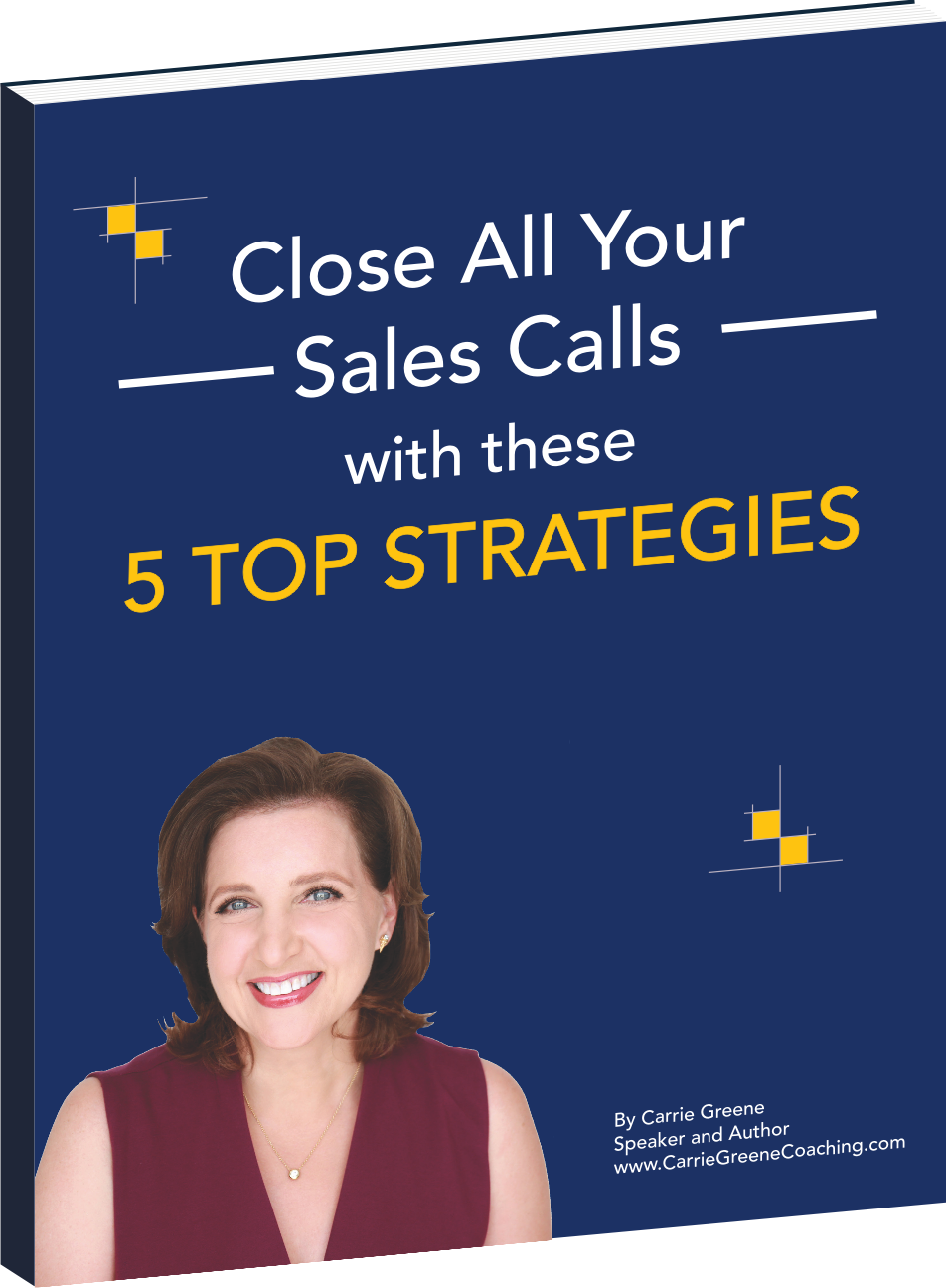 If there has been one common thread through all of the years I’ve been in business (I started in 2002) it’s the topic of keeping or letting things go. Deciding what to keep and what to let go of, whether it’s things, ideas and even people, tends to be very stressful for a lot of people. Many of the people I have spoken to about it express a sense of guilt or regret. There is often a lot of self-recrimination that goes along with it.
If there has been one common thread through all of the years I’ve been in business (I started in 2002) it’s the topic of keeping or letting things go. Deciding what to keep and what to let go of, whether it’s things, ideas and even people, tends to be very stressful for a lot of people. Many of the people I have spoken to about it express a sense of guilt or regret. There is often a lot of self-recrimination that goes along with it.
- I should have done this.
- I can’t believe I wasted my time, and money, on that.
- I should know better by now, I never follow though.
- That was a great idea when I thought of it, if only I had done it, I wouldn’t be in this situation.
- It’s too late for that.
While it may be true that things might be different now had you done or used something, the reality is that you are where you are now and holding onto those things, and the guilt associated with them, is not helping you or anyone else.
Here are seven of my favorite guiding questions, that I use to help my clients decide what to keep and what to let go of.
- If you do this what won’t you be able to do?
- If you don’t do this what can you do instead?
- Is doing this the best way for you to achieve your goal?
- Will you enjoy doing this?
- Are you holding onto this idea out of guilt, or because you really want to do?
- Is this your idea or someone else’s idea for you?
- Is doing this the best use of your time?
Letting go of things and ideas can be scary in the moment, but will bring a huge sense of relief, and opportunity, once you have done it.

It is important to reflect on what you have accumulated that has contributed to who you are and where you are now. Self-recrimination is a waste of time because it implies judgement based on hindsight. Whatever ideas you might not have acted on will still have shaped your current thinking, even if you feel it is too late to start something new (as I am starting a new venture at 72 my understanding of “too late” is somewhat skewed). The lightbulb took time to get perfected: failures contribute to the experience you need to get it right.
I like your guiding questions and applied them to my business planning service venture. I could do many things, but they would not have the same impact, and I certainly do not want to vegetate watching TV. Business planning is a great way to meet stimulating entrepreneurs, so yes, I look forward to that as a goal. I consciously selected this venture, because I am tired working on a “regular job” where they suspect I am getting too old, and now I can offer my experience to those that value my input. I created proprietary software, so I can simulate many alternative assumptions, for less (and with less effort) than what other services charge for a single set of assumptions. I cannot see a better way to use my time and to leave a legacy in this world.